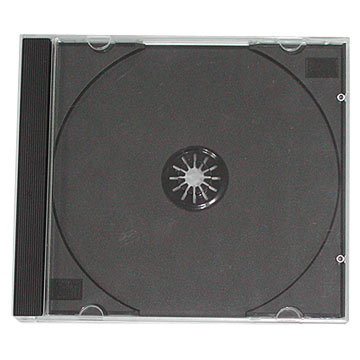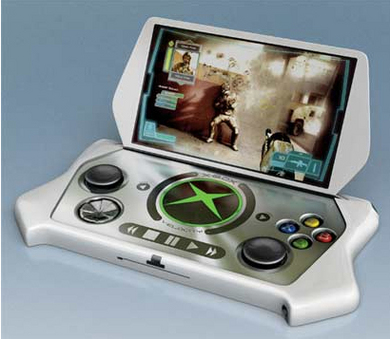 For $31 per year (Update: see the breakdown below), musicians both unknown and legendary will soon be able to get their CDs printed and sold through Amazon, no questions asked.
For $31 per year (Update: see the breakdown below), musicians both unknown and legendary will soon be able to get their CDs printed and sold through Amazon, no questions asked.
Following in the footsteps of CDBaby, but with a crucial difference, TuneCore and Amazon will launch an on-demand CD printing service, Wired’s Eliot Van Buskirk reports. The musician pays $31 per year for printing, labeling and delivery of a 10-track CD. Amazon sells the CDs for $8.98 each and keeps 60 percent. The rest goes to the musician.
In terms of keeping a low barrier to entry, CDBaby and TuneCore’s services are fairly similar — I could break down the differences in price and process, but I’m sure things will change once the two companies start competing. The real distinction is the muscle TuneCore brings to the table. Buskirk notes that Trent Reznor, Keith Richards and Joan Jett are already clients of TuneCore for other digitial distribution services, and they’ll likely be itching for yet another way to escape the major labels. With TuneCore, they only have to sell nine CDs each to break a profit, and they keep all the rights to their music.
Not that online printing is without drawbacks for consumers: The immediacy of purchasing a CD in a store is absent, and so is the chance to own something with elaborate packaging, as TuneCore’s liner note options are a fairly standard set of sleeves and inserts. Buskirk also raises the issue of selling CDs at a concert, but I don’t see why the band itself couldn’t order a thousand copies and sell them for a premium at the show.
Paramount to all this nitty-gritty is the not-so-novel idea that the music business as a whole is decentralizing. The cleverest musicians, big and small, are finding ways to advertise and sell products without major labels. Meanwhile, entrepreneurs are capitalizing in spaces where the music industry was too big, dumb and slow to venture.
These monoliths will shrink, and companies like TuneCore will be the catalysts.
Update: So we’re all clear, TuneCore’s Peter Wells, who comments below, breaks the pricing down in an e-mail as 19.98 for a year of maintenance and storage of the physical CD, plus 99 cents per song, plus a flat fee of 99 cents to sell the album through Amazon, totalling roughly $31. An extra dollar distributes the song to iTunes as a digital download.

 At this point, everyone but Sony is talking about
At this point, everyone but Sony is talking about  Not content with a state appeals court decision and a trail of failed legislation in other states, California state Sen. Leland Yee is getting his wish: His fight for government regulation of violent video game sales to minors
Not content with a state appeals court decision and a trail of failed legislation in other states, California state Sen. Leland Yee is getting his wish: His fight for government regulation of violent video game sales to minors  Yesterday, Harry wrote about
Yesterday, Harry wrote about  If you need to unload some old video games and don’t care to interact with GameStop employees, consider machines as an alternative.
If you need to unload some old video games and don’t care to interact with GameStop employees, consider machines as an alternative. As if two rumored Microsoft handhelds weren’t enough, the
As if two rumored Microsoft handhelds weren’t enough, the  The last time everyone got excited for a Playstation 3 price cut,
The last time everyone got excited for a Playstation 3 price cut,  To preface, on a whim I searched the above phrase in Google and was surprised by
To preface, on a whim I searched the above phrase in Google and was surprised by  Imagine if Microsoft could order a Red Ring of Death on an Xbox 360 if the company didn’t approve of the user’s actions, such as piracy or cheating.
Imagine if Microsoft could order a Red Ring of Death on an Xbox 360 if the company didn’t approve of the user’s actions, such as piracy or cheating.